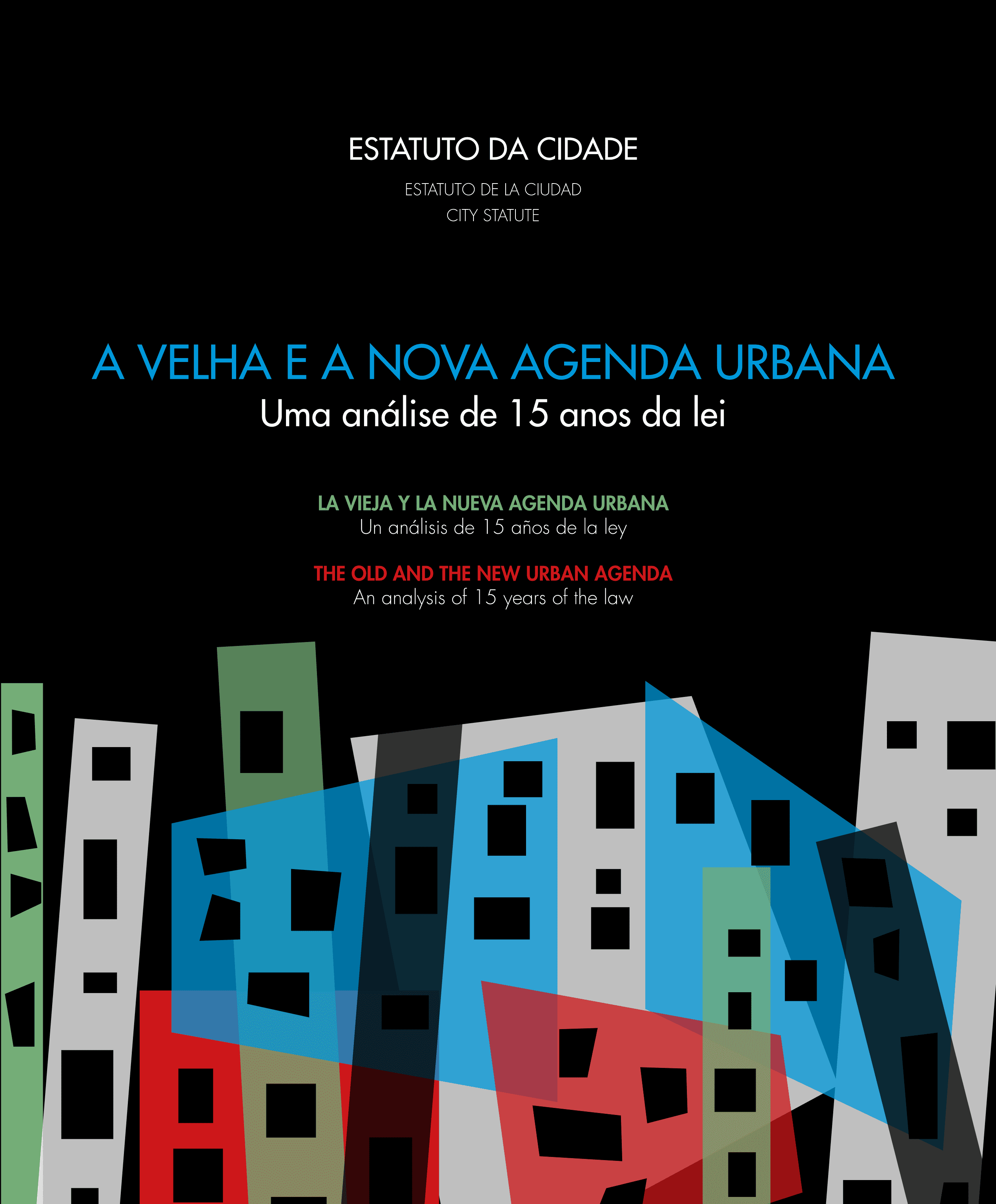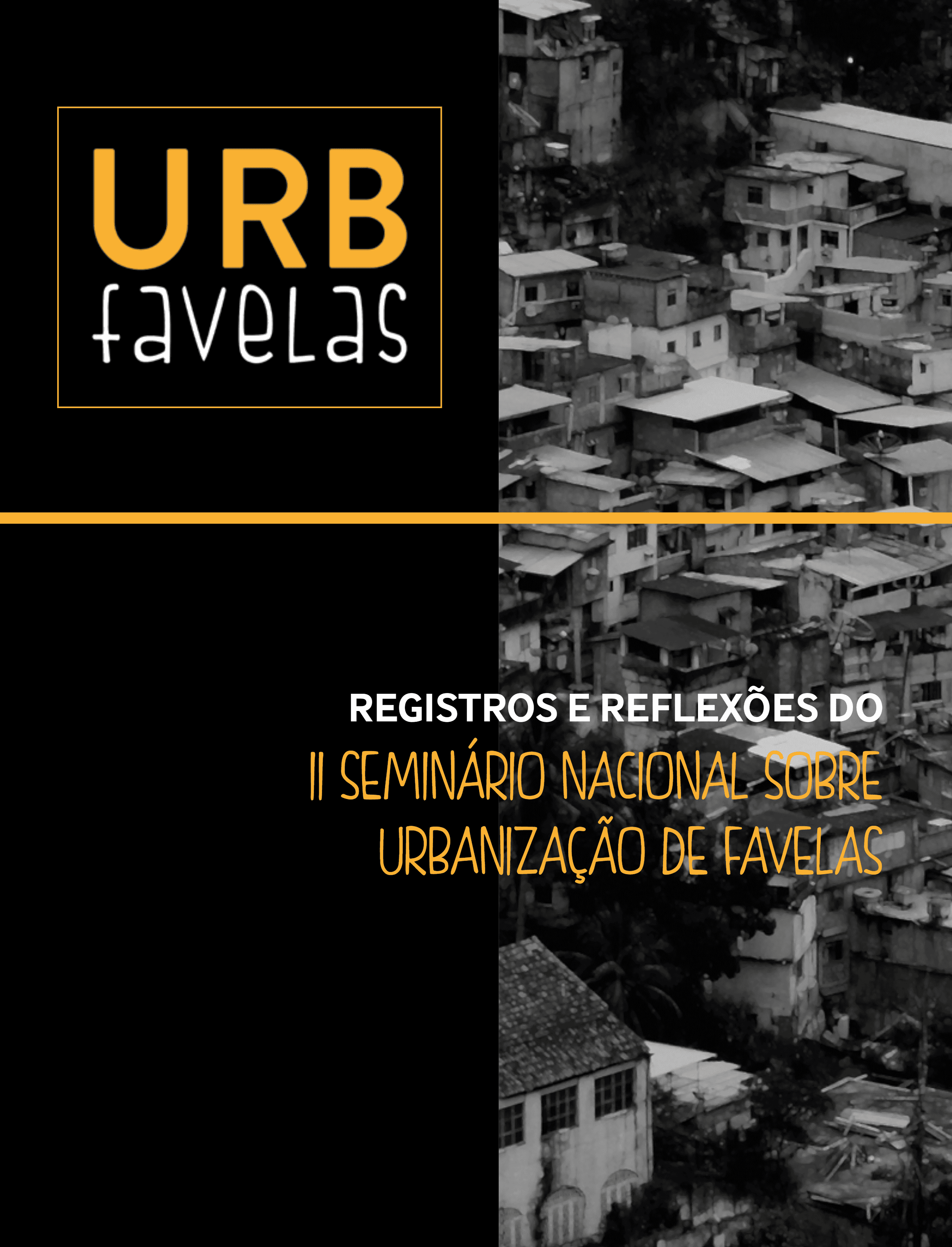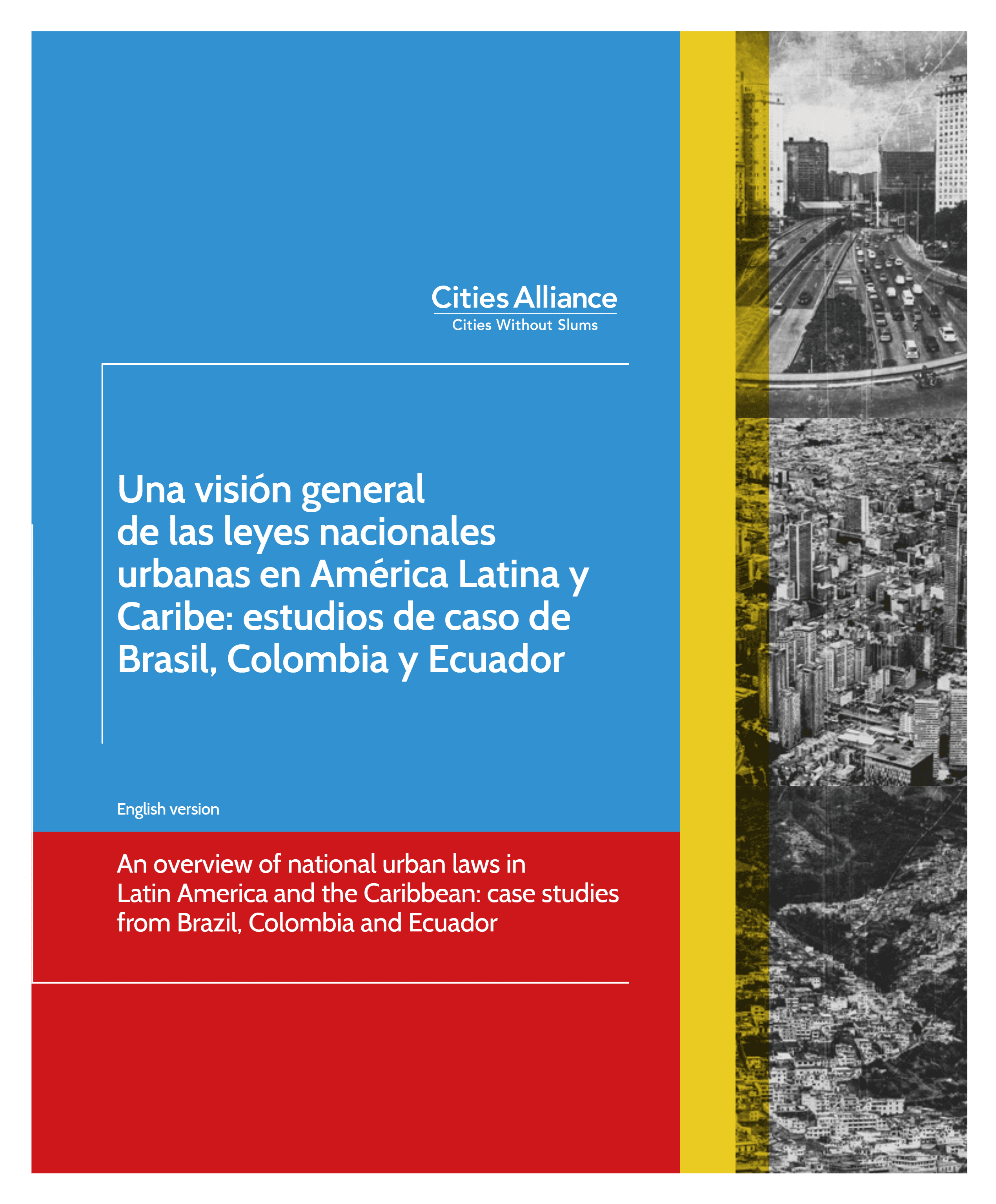- Who We Are
- How We Work
- Regional / Country Initiatives
- Legacy
- Core Themes
- Working Groups
- Portfolio & Results
- Newsroom
- Resources
City Statute – the old and the new urban agenda

Representing a new urban legal order, Federal Law 10.257 of July 10 of 2001 celebrates 15 years of existence in 2016. It is a sophisticated legislation derived from the first Brazilian Constitution after democracy was reestablished in the country. Recognizing the social function of property, the leading role of municipalities in land use regulation and planning, secure land tenure for families living in urban areas for five years uninterruptedly and unopposed, this law promotes unparalleled progress in the process of urban reform in Brazil and has become an international benchmark.
But to what extent was the City Statute truly implemented? What were the implicit and tangible advances resulting from such a sophisticated legal framework? What are the challenges that remain for the implementation of a just, equitable, sustainable and inclusive urban agenda in the country? To what extent can the City Statute contribute to build a “New Urban Agenda” globally?
This new publication gathers some thoughts and answers to these questions. It consists of essays written by specialists and administrators who led the technical and political construction of this new urban agenda proposed by the City Statute both at a national and local level, and also by players who were more and more strategic in the process of international advocacy, with a broad evolutionary perspective of this historical process in the country and of its urban policy “positioning” in the global sphere.


